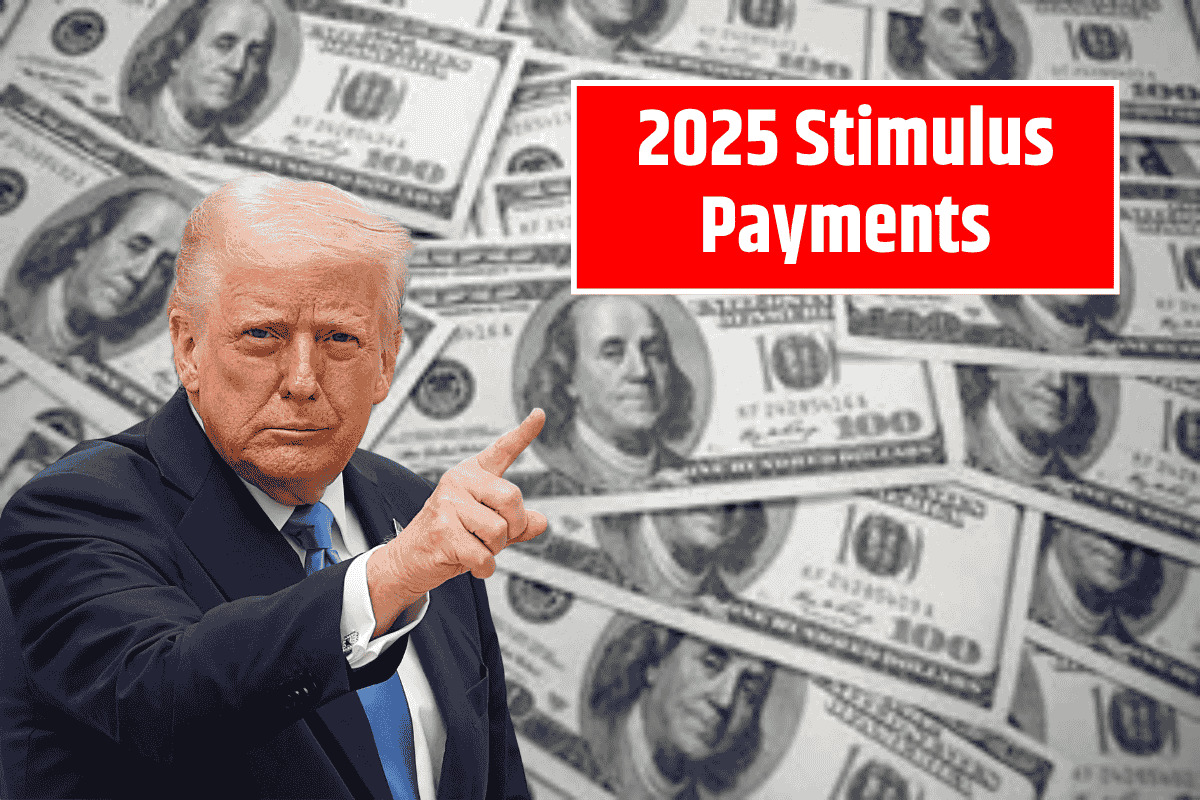A new bill, The American Worker Rebate Act of 2025, introduced by Senator Josh Hawley (R-Mo.), seeks to provide direct stimulus payments to American taxpayers funded entirely by tariff revenue from foreign imports.
This initiative, signed into law on July 28, 2025, is designed to distribute refunds to eligible families, aiming to offset the financial strain caused by tariffs imposed under the Trump administration’s trade policies.
How the Program Works
Under the American Worker Rebate Act, eligible adults would receive a minimum of $600, while each dependent child would receive an additional $600, bringing a family of four (two adults and two children) a total of $2,400. The bill includes income-based adjustments:
5% reduction for joint filers earning above $150,000 or single filers earning more than $75,000.
Nonresidents, dependents claimed on other returns, and certain estates and trusts are excluded.
Funding: Tariffs and Their Impact on American Households
The program would be funded by tariff revenues, which have seen a massive increase under the Trump administration. In June 2025, customs duties hit a record $27 billion, marking a 301% year-over-year increase.
It is projected that annual tariff revenues could exceed $150 billion. Senator Hawley’s proposal leverages this influx of revenue to fund the stimulus checks for American families.
Research from The Budget Lab at Yale suggests that the tariffs could raise household costs by approximately $2,400 annually, coincidentally matching the maximum proposed rebate. However, this raises the question: Will the rebate payments fully offset the price hikes caused by the very tariffs funding them?
Legislative Status of the American Worker Rebate Act
Currently, the American Worker Rebate Act is still in the proposal stage, awaiting sponsorship from more legislators.
For it to become law, the bill requires majority approval in both the Senate and House of Representatives, followed by the president’s signature. As with most bills, amendments are expected as it progresses through the legislative process.
Key Differences from Previous Stimulus Payments
Unlike the stimulus checks distributed during the COVID-19 pandemic, which were financed by public debt, the American Worker Rebate Act would be self-financed through tariff collections.
The goal of the American Worker Rebate Act is not to stimulate consumption in a crisis but to return surplus revenue to American taxpayers affected by increased prices from tariffs.
The Impact of 2025 Tariffs on Household Costs
The 2025 tariffs imposed by the Trump administration are expected to significantly impact consumer prices across a wide range of products. Some of the most affected items include:
Clothing and footwear (from China, Vietnam, Bangladesh) with 17-40% price increases due to 19-46% tariffs.
Coffee (from Brazil, Colombia, Vietnam) with 10-50% tariffs.
Seafood (from Chile, India, Indonesia) with tariffs as high as 46% and up to 85% of seafood imported.
Fresh produce (e.g., avocados, tomatoes from Mexico).
Electronics (e.g., iPhones from China, India).
Alcoholic beverages (from the EU).
Overall, these tariffs, averaging 18%, could cause household prices to rise by $1,219 to $3,800 annually.
Will Congress Support the Bill?
Although the American Worker Rebate Act presents a potential solution for families facing rising costs due to tariffs, it remains uncertain whether Congress will approve the bill and deliver these stimulus funds to American households.
Many lawmakers, particularly within the Republican Party, have shown resistance to new spending measures, especially in light of current national debt concerns.
The American Worker Rebate Act of 2025 offers a potential path to provide direct financial relief to American families by redistributing tariff revenues.
However, with the significant economic challenges posed by rising consumer prices and opposition from certain lawmakers, it remains to be seen whether the bill will successfully pass through Congress and deliver on its promise of $600 stimulus checks for each eligible adult and child.
